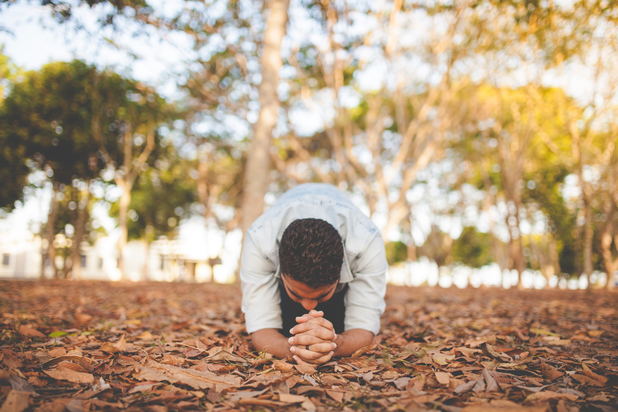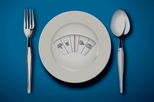I’ll pray for you.
These words are powerful. When someone says this to me, I’m reassured that whatever I’m dealing with, I’m not alone. In the same way, when I say them to someone else, I make sure to follow through on the promise behind them.
The founders of Alcoholics Anonymous understood the importance of prayer and incorporated it into their materials from the beginning. For example, the Serenity Prayer honestly states our need for guidance from a higher power.
|
God grant me the serenity to accept the things I cannot change; courage to change the things I can; and wisdom to know the difference. Living one day at a time; enjoying one moment at a time; accepting hardships as the pathway to peace; taking, as He did, this sinful world as it is, not as I would have it; trusting that He will make all things right if I surrender to His Will; that I may be reasonably happy in this life and supremely happy with Him forever in the next. Amen.
|
Three of AA’s 12 steps directly mention our need for connection to that higher power.
-
We admitted we were powerless over alcohol—that our lives had become unmanageable.
-
We came to believe that a power greater than ourselves could restore us to sanity.
-
We sought through prayer and meditation to improve our conscious contact with God, as we understood Him, praying only for knowledge of His will for us and the power to carry that out.
In the recovery sphere, a number of support groups—from AA to Celebrate Recovery— also use prayer as part of their meeting time.
The Benefits of Prayer
Harvard Scientist Dr. Herbert Benson has spent over 30 years studying the effects of prayer and meditation. The act of praying, he found, triggers a relaxation response in the body. A person’s nervous system, heart rate, and blood pressure all calm down. Now, more reports are indicating that our “distant prayers” for others actually impact their well-being, too.
I can personally attest to the benefits of being prayed for by others. Just knowing that another person is “in my corner” brings comfort and hope to me. Whether I hear their prayers or not, I feel stronger and more at peace. My improved attitude then helps others around me to feel better, too. When I pray for others, I make sure to keep to the following principles in order to be more compassionate and feel connected to others in a deeper way.
-
I can’t fix anyone on my own, including myself. I can’t even make any lasting changes in my own strength. God is my source of power.
-
By praying for someone I am releasing them into my Higher Power’s hands. Each of us is on our own journey. The best, and most, I can do is walk supportively alongside someone else.
-
I have to remain humble. Praying for someone as they work on their recovery is an honor and a responsibility I take seriously.
-
My heart needs to be open to receiving God’s answer, especially if it turns out to be different than I expect. I have to trust that He wants the best for us, whatever that may be.
People of faith have known for centuries that prayer to a higher power can lead to better mental, physical and emotional health. The act of lifting up our needs releases stress and improves our mood, often even before circumstances have changed.
|
If you or someone you know is seeking help from addiction, please visit our directory of treatment centers or call 800-772-8219 to speak to a treatment specialist. |








